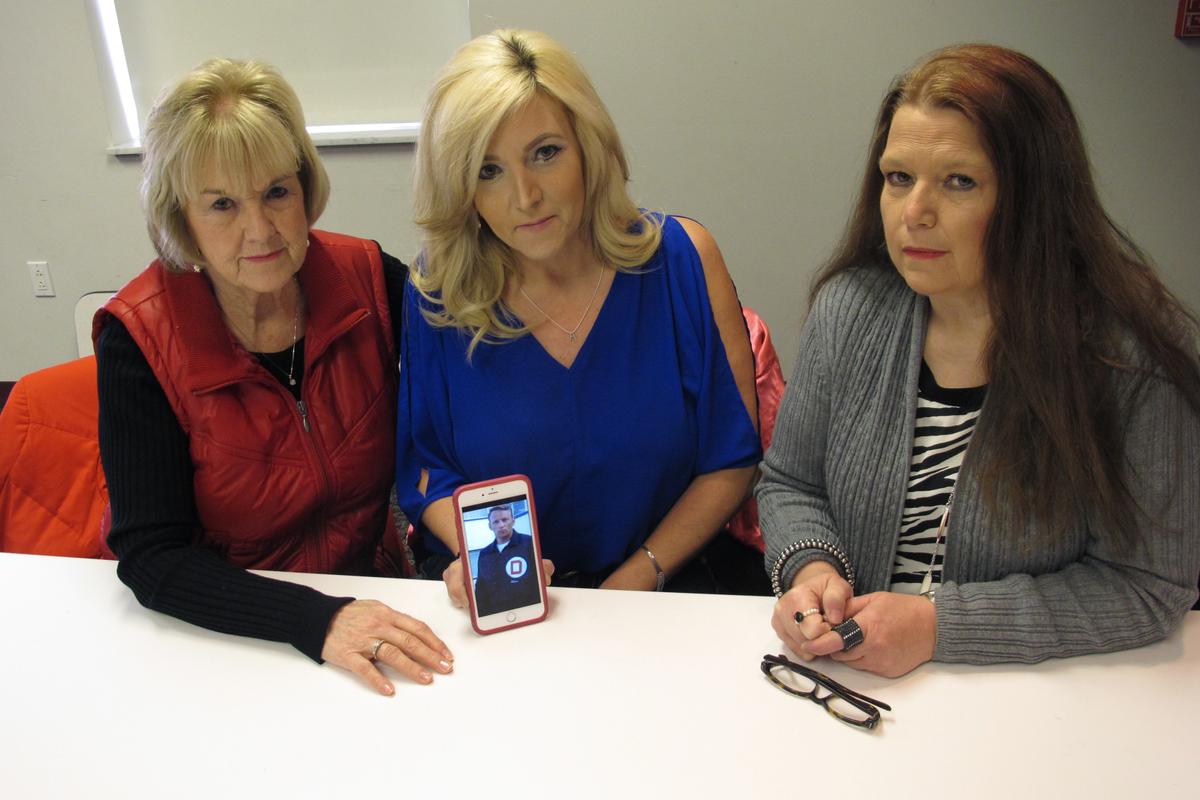COLUMBUS, Ohio—Prosecutors failed for 45 years to try the suspect in a 1972 shooting of an Ohio police officer, but that’s not reason enough to drop the case now, a prosecutor argued Tuesday.
Defendant Charles Hays never formally requested a speedy trial despite numerous opportunities, Franklin County Prosecutor Ron O'Brien told Judge Guy Reece.
“It was within his power, under the law at the time, your honor, to make the demand,” he said, adding: “He failed to make the demand.”
At issue is the March 1972 shooting of Columbus police officer Niki Cooper as he and a partner interrupted a burglary. Cooper was hit in the left arm and never regained full use of the injured limb. He died just over three years ago at age 71.
Hays, shot three times by Cooper, was left a paraplegic. He was indicted but never prosecuted following the shooting as he fell through the cracks.
Two of Hays’ accomplices were charged and pleaded guilty.
Cooper’s daughter, Lori Cooper, dug into court records after her father’s death and discovered that Hays, now 82, was alive and living in Dayton. She brought the records to authorities, who agreed reopen the case.






